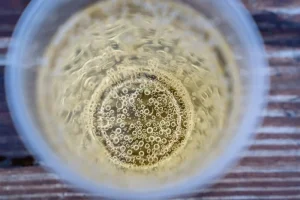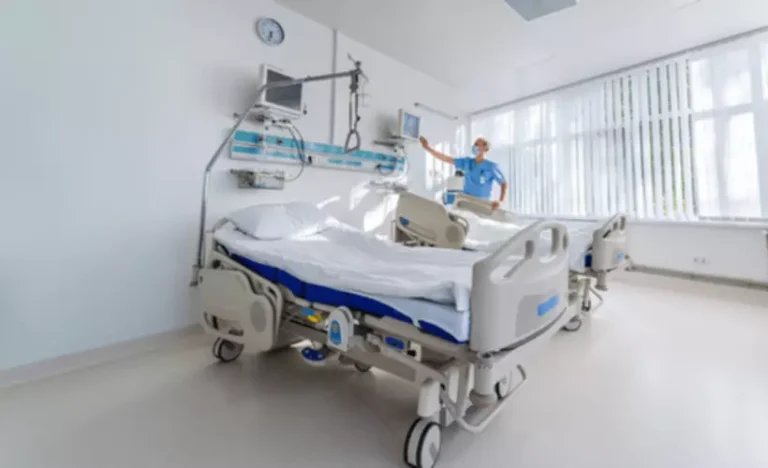
In fact, alcohol use has been shown to increase the susceptibility of drinkers to both bacterial and viral infections, as well as advance the progression of several chronic viral infections, including human immunodeficiency virus (HIV) and hepatitis C. Future studies aimed at uncovering the mechanisms underlying dose-dependent modulation of immune function should also investigate changes in gene expression patterns, as well as factors that regulate gene expression including microRNAs and epigenetic changes within specific immune cell populations. Additionally, the role of alcohol-induced changes in the microbiome on immunity should be studied.
What Does Alcohol Do to Your Body? 9 Ways Alcohol Affects Your Health
These may include infections after surgery, traumatic injury, or burns; accelerated progression of HIV disease; adult respiratory distress syndrome and other opportunistic lung infections; and infection with hepatitis C virus, cirrhosis, or liver cancer (hepatocellular carcinoma). Though there’s still limited data on the link between alcohol and COVID-19, past evidence shows alcohol consumption can worsen the outcomes from other respiratory illnesses by damaging the lungs and gut, and impairing the cells responsible for immune function. “Anyone with chronic liver conditions should be avoiding alcohol, for example, people with hepatitis, nonalcoholic fatty liver disease, liver inflammation, and any condition that could affect liver function would be a reason to avoid alcohol,” notes Favini.
Characterization of fecal microbial communities in patients with liver cirrhosis
Thus, it appears that alcohol inhibits Th1 immune responses and may predispose the organism to Th2 responses and that this shift is at least partly mediated by suppression of IL-12. A second study by Joosten et al. also analyzed gene expression profiles in PBMCs isolated from 24 healthy male subjects who consumed 50mL of vodka with 200mL orange juice or only orange twice daily for 4 weeks during dinner (considered to be moderate). Pathways involving antigen presentation, B and T cell receptor signaling, and IL-15 signaling were altered with moderate vodka consumption (Joosten, van Erk et al. 2012). The most significant change was in glucocorticoid receptor (GR) signaling, which is known to down-regulate immune activity and inflammation by down-regulating NFκB (Pelaia, Vatrella et al. 2003). Indeed, NFκB was down-regulated in the alcohol group compared with the control group (Joosten, van Erk et al. 2012).
Prenatal Alcohol Exposure and the Developing Immune System
The effects of alcohol on both cell-mediated and humoral immunity have been well-documented since the early 1960s, wherein researchers found that alcohol abuse significantly reduced both CD4 and CD8 T-cell counts. And it’s not just that you’re more likely to get a cold — excessive drinking is linked to pneumonia and other pulmonary diseases. It can also lead to a wide range of health problems, including high blood pressure and heart disease, liver disease, and increased risk of cancer. Alcohol alters the makeup of your gut microbiome — home to trillions of microorganisms performing several crucial roles for your health — and affects those microorganisms’ ability to support your immune system. It seems that drinking alcohol may also damage the immune cells that line the intestines and serve as the first line of defense against bacteria and viruses. Ethanol consumption by weanling ICR (outbred) mice (adjusted to 6% in their drinking water) for 8 weeks also resulted in 75% fewer CD3+ T cells (Percival and Sims 2000).


“The good news is that earlier stages of steatotic liver disease are usually completely reversible in about four to six weeks if you abstain from drinking alcohol,” Dr. Sengupta assures. Steatotic liver disease develops in about 90% of people who drink more than 1.5 to 2 ounces of alcohol per day. “Drinking alcohol in large quantities even just for a short period of time — like binge drinking — can be bad for your health and your immune system,” says Favini. This means 2 drinks or less per day for men or 1 drink or less per day for women. Moderate red wine intake may lower the risk of heart disease, Type 2 diabetes, and other medical conditions.

How much alcohol you have to drink before it weakens your immune system
There’s been an uptick in non-alcoholic drink options, as more and more companies are creating alternatives. A 2020 study found that when weekly drinkers were presented with and aware of increased non-alcoholic options, they were likely to choose them. Every person has their own reasons for drinking or wanting to reduce their alcohol consumption. Depending does alcohol lower your immune system on how much you have been drinking, your body may experience physical and psychological changes as you reduce your intake, known as withdrawal. Alcohol use can damage the hippocampus, the part of your brain responsible for memory and learning. Some studies have found that even light or moderate drinking can lead to some deterioration of the hippocampus.
- Alcohol abuse represents a risk factor for liver diseases, such as alcoholic steatohepatitis and cirrhosis [37] in such a way that approximately 25% of heavy drinkers develop clinically alcoholic liver disease (ALD).
- This can worsen certain medical conditions and increase the risk of developing others.
- These molecules enter the circulation to the liver where they activate endothelial and stellate cells as well as hepatocytes, resulting in a chronic inflammatory environment aggravating organ injury.
- The occasional quarantine cocktail isn’t going to inhibit the immune system or set you on a path to alcohol misuse.

